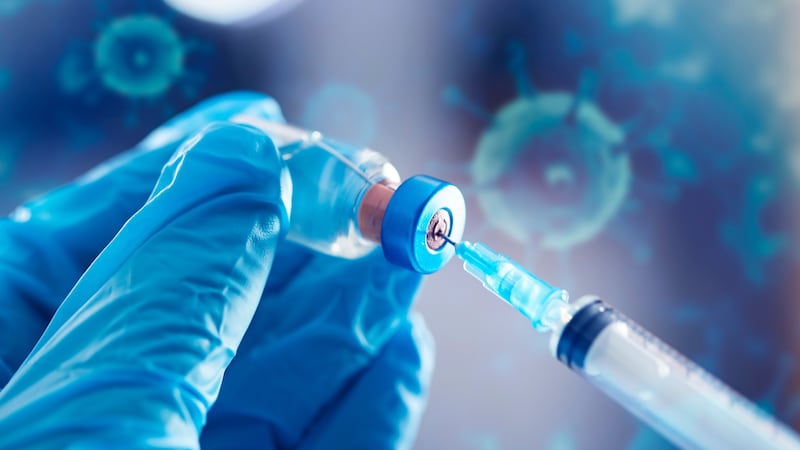A new study published in the journal Nature has identified taurine, a naturally occurring amino acid, as a critical factor in the growth of certain types of leukemia, according to researchers at the University of Rochester’s Wilmot Cancer Institute.
The findings could lead to new treatments for myeloid cancers, including acute myeloid leukemia (AML), chronic myeloid leukemia (CML), and myelodysplastic syndromes (MDS).
These aggressive blood cancers all originate in the bone marrow, where the research shows cancer cells depend on taurine from their environment to grow and survive.
Led by Jeevisha Bajaj, Ph.D., the Wilmot team discovered that leukemia cells cannot produce taurine on their own.
Instead, they use a transporter to absorb taurine from the surrounding bone marrow microenvironment.
By using genetic tools to block this uptake in both mouse models and human cell samples, scientists were able to stop leukemia growth.
“We are very excited about these studies because they demonstrate that targeting uptake by myeloid leukemia cells may be a possible new avenue for treatment of these aggressive diseases,” said Bajaj, assistant professor in the Department of Biomedical Genetics and a member of Wilmot’s Cancer Microenvironment research program.
The study adds to growing evidence that metabolism—how cancer cells get energy—is just as important as genetic mutations in driving cancer.
Researchers found that once inside leukemia cells, taurine promotes glycolysis, a process that breaks down glucose for energy and supports cancer progression.
“This study is one of the first to show that taurine may actually help drive cancer growth,” Bajaj said. “Leukemia cells hijack taurine to fuel their survival.”
Jane Liesveld, M.D., a Wilmot oncologist and co-author of the study, urged caution regarding taurine supplements.
The amino acid, also found in the brain, heart, and muscles, is a common ingredient in energy drinks, protein powders, and certain foods such as meat, fish, and eggs.
Cancer patients sometimes take it to ease chemotherapy side effects.
“Dr. Bajaj’s work shows that local levels of taurine in bone marrow may enhance leukemia growth, suggesting caution in use of high-dose taurine supplementation,” Liesveld said.
Researchers emphasized that more work is needed to understand the role taurine plays in cancer development and resistance to treatment.
Bajaj said one of the next steps is to study taurine levels in patients with leukemia and to develop methods for safely blocking taurine from entering cancer cells.
“Since taurine is a common ingredient in energy drinks and is often provided as a supplement to mitigate the side effects of chemotherapy, our work suggests that it may be of interest to carefully consider the benefits of supplemental taurine in leukemia patients,” the authors wrote in their conclusion.
©2025 Cox Media Group






